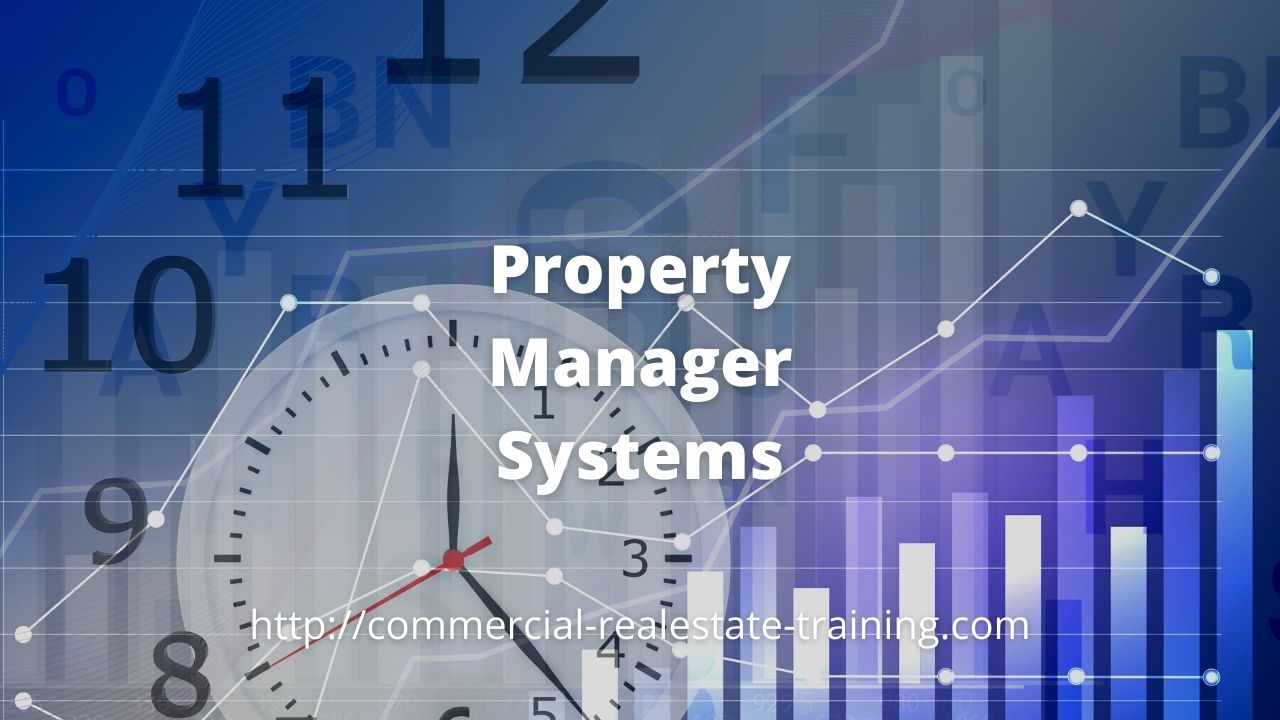The Great Advantages of a Career in Commercial and Retail Property Management
Some people overlook a career in commercial or retail property management because of a lack of understanding. The segment of the industry is very specialised and you can go a long way because of that.
The ‘uninformed’ people compare activities of general residential property management to that of commercial, industrial, and retail property. The fact is that the market segments are ‘poles apart’ in skills and activities.
These are the facts. A residential property manager usually manages lots of homes, flats, and residences in a fundamental way. That will usually involve the collection of rents, occasional inspections, leasing, and maintenance activities. They are always busy doing that with many properties.

Assets Managed
The number of properties that a residential manager would manage would usually be in the ‘hundreds’, and that process would be supported by software tracking and financial accounting programs.
There is plenty to monitor each day with those properties in an ongoing way, and the numbers of homes under residential management are typically high.
A typical residential property manager is usually busy acting on many ‘common daily issues’ emanating from the portfolio and that portfolio will contain ‘hundreds’ of properties. The churn factors from that are numerous.
In saying that, ‘strategy’ is not something that is particularly ‘deep’ with residential property because it is not typically needed on the asset class. Commercial and retail property management is however a lot different in that ‘strategic’ approach. Good commercial and retail property managers are always in control and quite strategic.
Commercial Property Manager Activities
Commercial and retail property management, by contrast, is a unique process. It involves many more complex and ongoing duties that are ‘strategic’; they are operational to the property on a daily and weekly basis.
Each manager will manage a smaller number of properties, but there are ongoing detailed and strategic tasks to initiate or control. Communications will be high with business owners, investors, and property occupants.
The fees for commercial and retail property management are higher than that in residential property. That is because of the more significant time and task involvement of the property manager. The income and expenditure cash flows in a typical commercial or retail management are large, and they are ‘steered’ by strategic lease and operational decisions.
A good commercial, industrial, or retail manager is of high value to the clients they serve in applying those ‘strategic’ elements of high-quality property control.
Your Career Path Optimised
So what property management career path is more attractive and rewarding for you? If you are like most people, from a skill and specialist base, it has to be in the direction of commercial and retail property management. There are so many things to do and learn over time (you never stop learning). The process is ongoing. It is a career based on unique specialist skills and strategies.
The largest and most complex properties managed in any town or city or the world, are commercial office towers, and or large shopping centres. The management of those properties involves skilled people working as a team.
What would a team managing an office tower or shopping centre comprise of? There will usually be the centre property manager or property manager in charge. They will be supported by a team of people covering financial, operational, legal, communications, engineering, and risk management matters. The team could be a few people in size in smaller assets, through to a group of over ten people in larger properties who then ‘delegate’ to and act with others.
Unique Skill Sets for Clients
People working in commercial or retail property management teams bring a unique set of skills to an asset and client. Experience and reporting matters in the property management industry, including factors aligned to asset control, strategic decisions of income and expenditure, plus lease and tenant management.
So, if you are considering entering or starting to work at the ‘basic’ end of the commercial property management industry, understand that you will immediately be doing many things at a ‘high level’. Your property management career is starting, and the advantages are many.
You will be managing a set of small single-occupant office, retail, or industrial properties from the very start. The process is a positive one and is learning-based.
Asset size and complexity grows with property size and client requirements. A property manager moves with that requirement supporting the client in many ways.
Making This Your Career?
Is this career for you? Take the steps forward into the new segments of property control. Understand that this is a new career that can take you along for many years and during that time you can be working in a specialist way.
Your new career will be a complicated rewarding process, and it will require that skill set above anything that you might have done with residential property management. What will you learn, and what will you do? Try these for starters:
- Connecting with investors and business owners – These people own and or occupy the assets. On that basis, they need updating and servicing across property facts, controls, decisions, and strategies. Those decisions must be made, and they will impact the investment results over time, and the business in occupancy.
- Providing skilled services for property investments – Most commercial and retail property management activities will involve the successful control and optimisation of matters associated with income, occupancy, expenditure, and lease or legal issues. Weaving, through all those things, will be risk management and asset planning. A strategic plan holds items together. Decisions are made every day on complex property issues.
- Long term relationships with clients – Many clients purchase several properties over time. They usually prefer a particular property manager’s skill to control things for them in an ongoing way. Trust is the foundation of a stable and positive client relationship. When the property manager understands the client and services them well, then the future of that and other property management services will grow.
- Documentary and financial knowledge – The leases related to occupancy support the numbers of income and expenditure. Budgets and decisions are also involved with maintenance and capital expenditure matters. Watching ‘the numbers’ for each property under management is a daily and weekly event. Ultimately, at the end of each month, the client’s reporting process unearths any asset concerns, strengths, and weaknesses.
- Valuable services and strategies – A skilled commercial, industrial, or retail property manager will generally bring a high skill set to a client. The solutions and benefits are sometimes unique to the client, and they will be crucial to the asset’s future.
Given all these things, you can now see why a career as a commercial or retail property manager is an opportunity waiting to be ‘tapped’. It is a career that can grow and shape over many years.
These facts also show the vital part of commercial or retail property management services in a brokerage. Asset managers providing skilled services are the foundations of ongoing sales and leasing activity for those investment clients.










